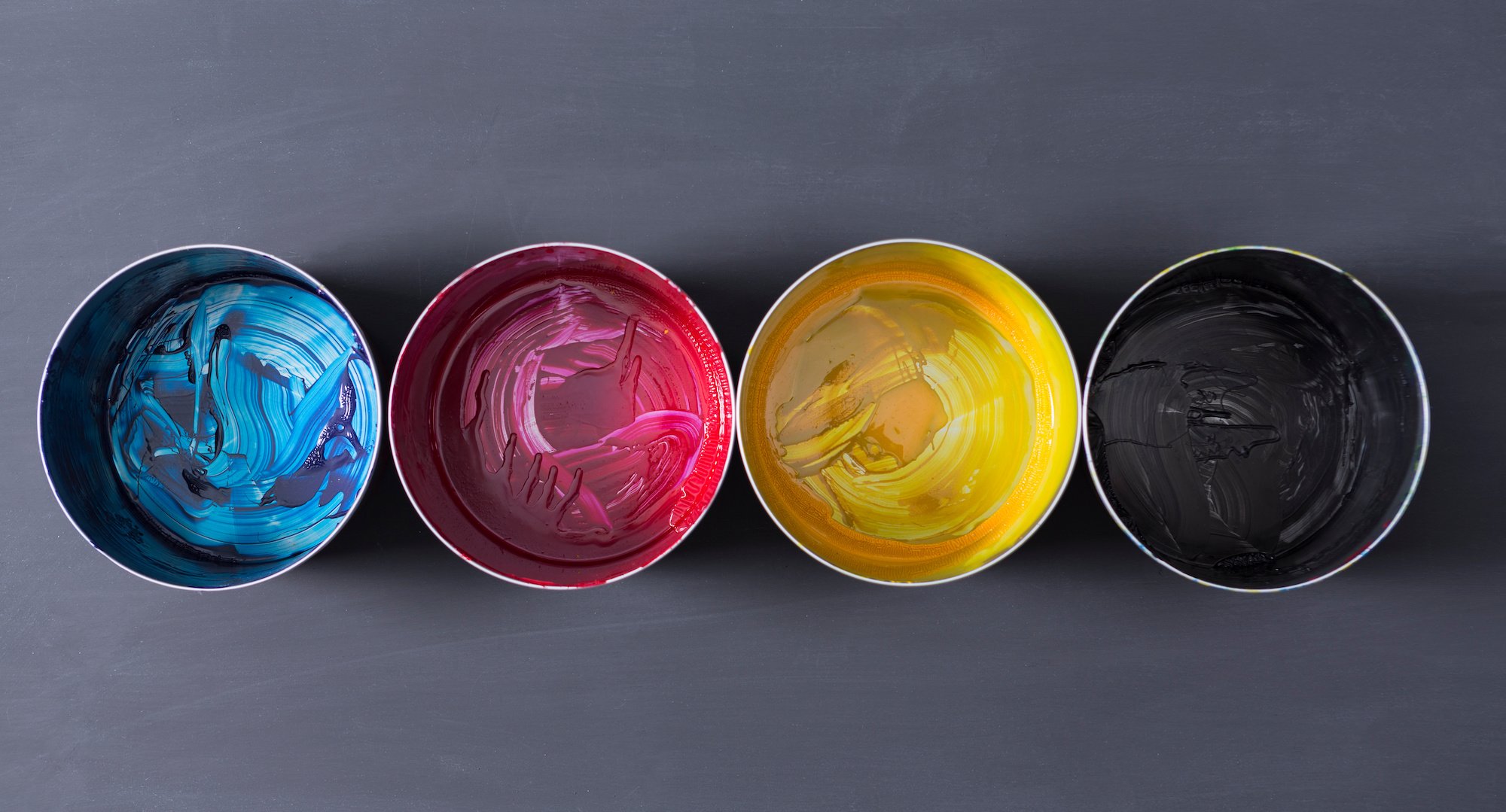Printing has come a long way since the days of Gutenberg's printing press in the 15th century. From the first mechanical printing presses to modern digital printers, the history of modern printing is a fascinating one.
In the early days of printing, text was typically hand-written or produced using block printing, in which an entire page or book was carved onto a wooden block. The invention of movable type by Johannes Gutenberg in the 1440s revolutionized printing, making it faster and more efficient. Gutenberg's press used individual letters and symbols made from metal, which could be arranged and rearranged to print different texts.
The mechanical printing press continued to evolve throughout the 19th century, with innovations such as the rotary press and the offset press, which allowed for faster and more consistent printing. These advances made printing more accessible to the masses, and the printing industry began to grow rapidly.
In the 20th century, the introduction of digital technology changed the face of printing forever. In the 1950s, the first commercial laser printer was developed, and in the 1970s, the first inkjet printer was introduced. These technologies allowed for high-quality printing at a faster rate than ever before.
With the rise of the internet and digital media, printing has continued to evolve to meet changing needs. Today, digital printing is more common than ever, with a wide range of digital printers available for businesses and individuals alike. Printing has also become more sustainable, with environmentally friendly inks and paper options available.
The history of modern printing is a rich and dynamic one, with a long line of technological advancements leading us to where we are today. From Gutenberg's movable type to modern digital printing, printing has continued to evolve to meet the changing needs of society. As we look to the future, it's exciting to imagine what new innovations and advancements will continue to shape the printing industry.




Comments